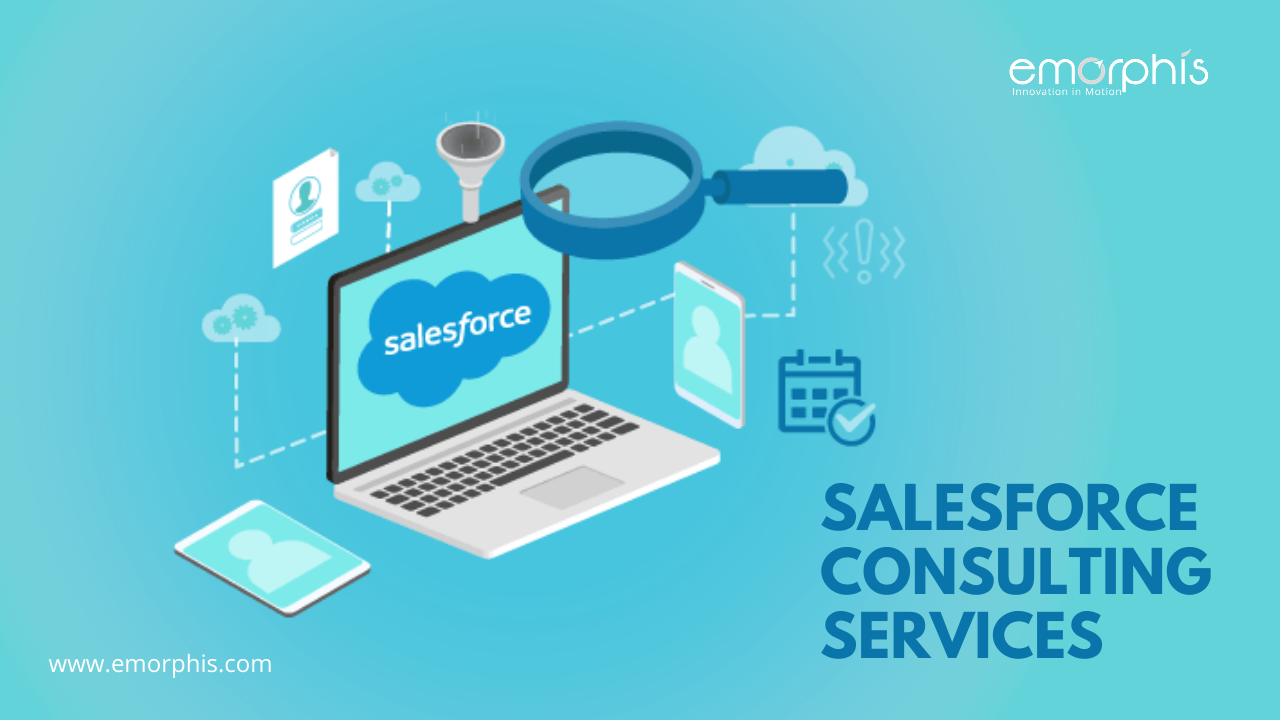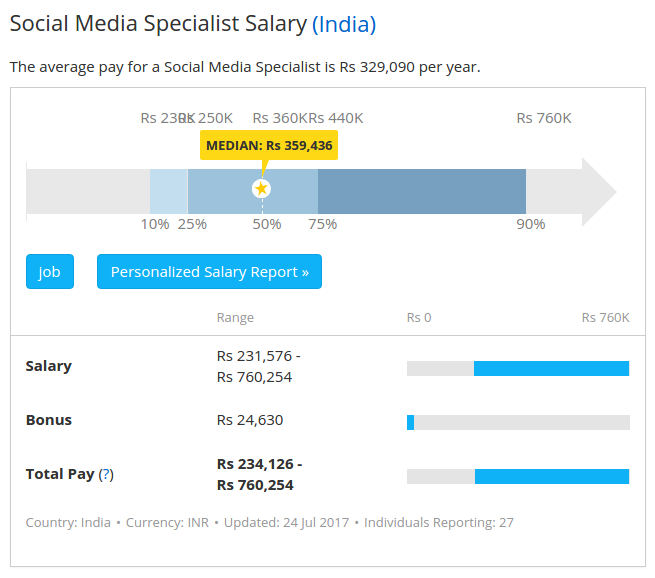
There are many factors you should consider when looking for a financial planner. First, verify that the advisor is licensed. To determine if the advisor is a match for your investing style, check their complaint record. You should also check whether they are a member a trade group. Additionally, it is important to find a financial planner who shares your investment philosophy. This article will discuss some of the key factors you should consider before choosing a financial advisor.
Verify an advisor's credentials
There are many ways to find a financial advisor, but it is important to verify their credentials. Certified Financial Planners (CFPs) means that they have passed a financial planning exam and completed college courses. If they're not certified, it is worth checking their background through FINRA’s BrokerCheck. Financial planners need to be licensed in addition to following certain ethics policies.

Review the complaint history of a financial advisor
Investing requires risk. Before you sign up, make sure to verify the complaint history of your financial advisor. You can't just rely on this information. There are other warning signs to keep an eye out for as well. Below are some things you should look out for. A Google search of the name will reveal any complaints against a financial professional. If there have been any complaints against the advisor, it will most likely be listed in the regulatory databases. Any arbitrations or settlements they were involved in will be listed by regulatory bodies. You can check for nefarious financial behavior, such as unauthorized trading and sales abuse practices. It is important to verify the complaint history of the financial advisor. However, it is also important to be aware that there are other warning signs.
Meeting with a financial adviser in person
You can ask questions in person if you choose to meet with a financial professional in person. Even though you don’t necessarily have to have financial questions in order to meet with a financial advisor, you may be interested in the terms of their services and what they charge. You can also ask your financial planner general questions like whether they offer consultations for free. It is a good idea for you to make a list of your goals and ask questions before meeting with a financial advisor in person.
Find one who is compatible with your style of investing
It's important that you choose a financial planner who shares your values. Some advisors concentrate on high net worth individuals and others are more interested in small business owners or young families. Some are even religious or specialize in one particular group. It doesn't matter what your preferences might be, choosing a financial planner who shares your values is key to your financial security. The ideal financial advisor is someone who shares your values and invests as you do.

Do a background check
When hiring a financial advisor, do a background check. An advisor who has been in the business for many years should not be trusted without a background check. There are many ways you can verify the credentials and background of a financial professional. You may also want to check for any articles written by them or any other potential landmines.
FAQ
How much do consultants earn?
Some consultants earn more than $100k per year, but most consultants earn between $25 and $50k. The average consultant salary is $39,000 This includes both salaried as well hourly consultants.
Salary depends on experience, location, industry, type of contract (contractor vs. employee), and whether the consultant has his/her own office or works remotely.
Is consulting a real job?
Consulting is more than a job that allows you to quickly make money.
There are many opportunities for consulting, including project management, strategy, training and leadership. You might find yourself working on projects ranging from small start-ups to large-scale international corporations.
Consulting provides you with the opportunity to develop and hone your skills, as well as gain experience within a range of industries. This could include learning to manage teams and write proposals, manage finances, analyze data, create presentations and conduct market research.
Which industries employ consultants
There are many types of consultants. Some are specialists in one type or another of business.
Some consultants work exclusively for private businesses, while others represent large corporations.
Some consultants can also help businesses all around the globe.
Who hires consultants?
Many companies hire consultants to help with their projects. These consultants can be found in small and large businesses as well as government agencies, universities, educational institutions, non-profits, and education institutions.
Some consultants work directly for these organisations, while others freelance. The process of hiring depends on the size and complexity the project.
Many rounds of interviews are required when hiring consultants. Then, the final decision will be made about who you believe is best for the job.
What happens when the consultant finishes the job?
After the consultant finishes the work, s/he will send a final report outlining the results. This report contains all relevant information, such as project timelines and deliverables.
You will then review the report to determine if the consultant fulfilled your expectations. If you are not satisfied with the consultant's report, you have the option to ask for modifications or to terminate your contract.
How do I get clients for my consultancy business?
Find an area that you are passionate about. It could be anything from social media to public relations, but there must be something you feel strongly about. If not, you may have to start small by finding a niche market such as web design. Once you find the right niche, it is important to know what makes it tick. What problems can it solve? What problems can it solve? What can you do to support them?
It is also possible to approach businesses directly.
If all else fails, why not offer your services at free events like networking evenings and conferences? You'll get to know many potential clients without spending money advertising.
Statistics
- Over 50% of consultants get their first consulting client through a referral from their network. (consultingsuccess.com)
- WHY choose me: Why your ideal client should choose you (ex: 10 years of experience and 6-week program has helped over 20 clients boost their sales by an average of 33% in 6 months). (consultingsuccess.com)
- Over 62% of consultants were dissatisfied with their former jobs before starting their consulting business. (consultingsuccess.com)
- "From there, I told them my rates were going up 25%, this is the new hourly rate, and every single one of them said 'done, fine.' (nerdwallet.com)
- According to statistics from the ONS, the UK has around 300,000 consultants, of which around 63,000 professionals work as management consultants. (consultancy.uk)
External Links
How To
How to Start a Consultancy Company and What Should I Do First
Start a Consulting Company to make some extra money from home. It doesn't require any prior business experience nor capital. A good place to start your own consulting company is to build a website. To promote your services, you will need to create a website.
These tools allow you to make a marketing program that includes the following:
-
Create content (blogs).
-
Establishing relationships (contacts).
-
Generating leads (lead generation forms)
-
Selling products online
Once your marketing strategy is developed, you need to find clients willing and able to pay for your services. Some prefer to meet up at networking events or go to meetings, while others prefer to use online platforms like Craigslist, Kijiji, and others. The choice is up to you.
After you have found new clients, it's important to discuss terms and payment options. You can discuss hourly rates, retainer agreements, flat fees, and other options. You need to be clear about what you expect of a client before they accept you as a client.
The most common type of contract for a consultancy service is an hourly agreement. This contract allows you to pay a fixed amount each week or month for certain services. You may be eligible to negotiate a discount, depending on the service that you offer. It is important to understand the terms of any contract you sign before you sign it.
The next step is to create invoices and send them to your clients. Invoicing is one thing that looks simple until it's actually done. You have many options to invoice your clients. For example, some people prefer to have their invoices emailed directly to their clients, while others print hard copies and mail them. Whatever method you choose, make sure it works for you!
Once you have completed creating invoices you will want to collect payment. PayPal is preferred by most people because it is simple to use and offers many payment options. There are many other payment options, such as Square Cash, Square Cash and Google Wallet.
Once you're ready for collecting payments you'll need to set up bank account. Having separate checking and savings accounts allows you to track income and expenses separately. Automated transfers into your bank account are a great way to pay bills.
It can seem daunting to start a consulting business. But once you understand how it works, it becomes second nature. You can read our blog post to learn more about how to start a consultancy business.
It's a great way for extra income without having to worry about hiring employees. Many consultants work remotely, which means they don't have to deal with office politics or long hours in the office. Because you don't have to work a set number of hours per week, you can be more flexible than a traditional employee.